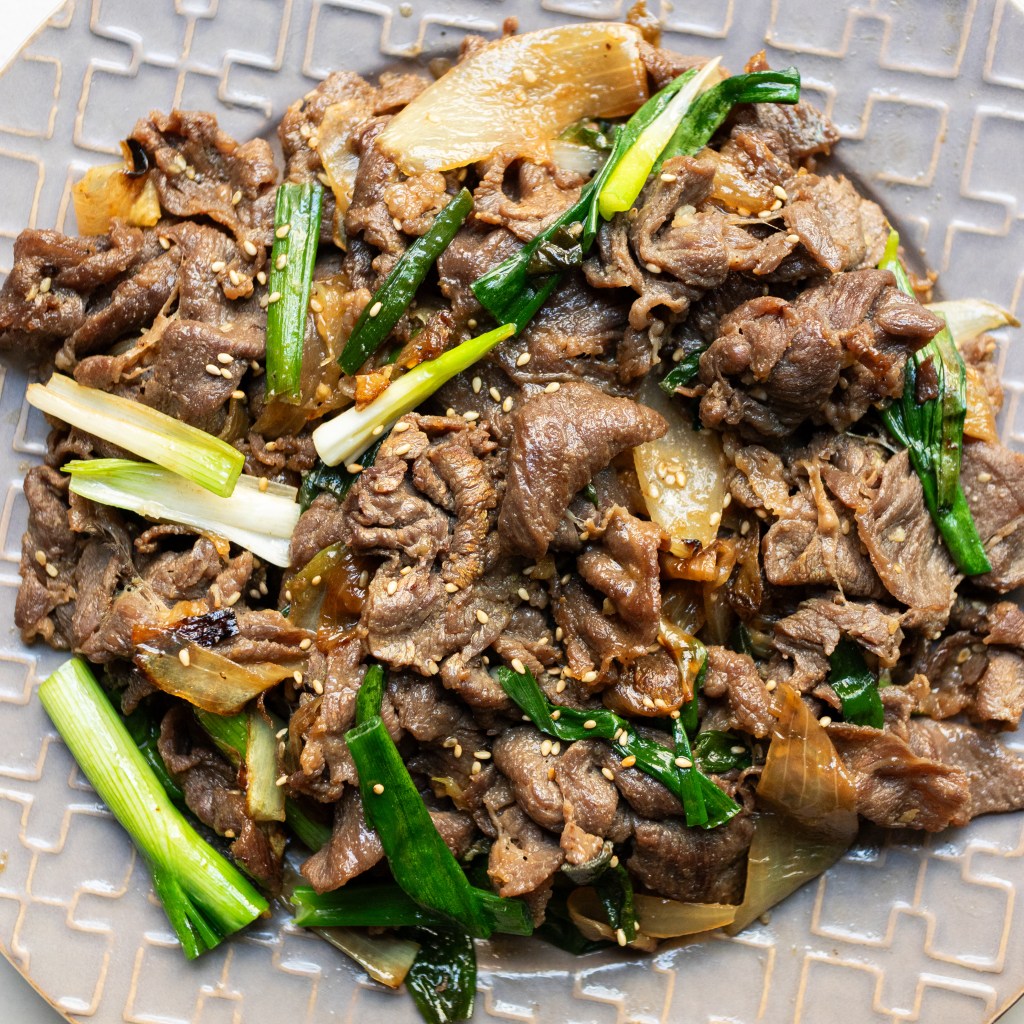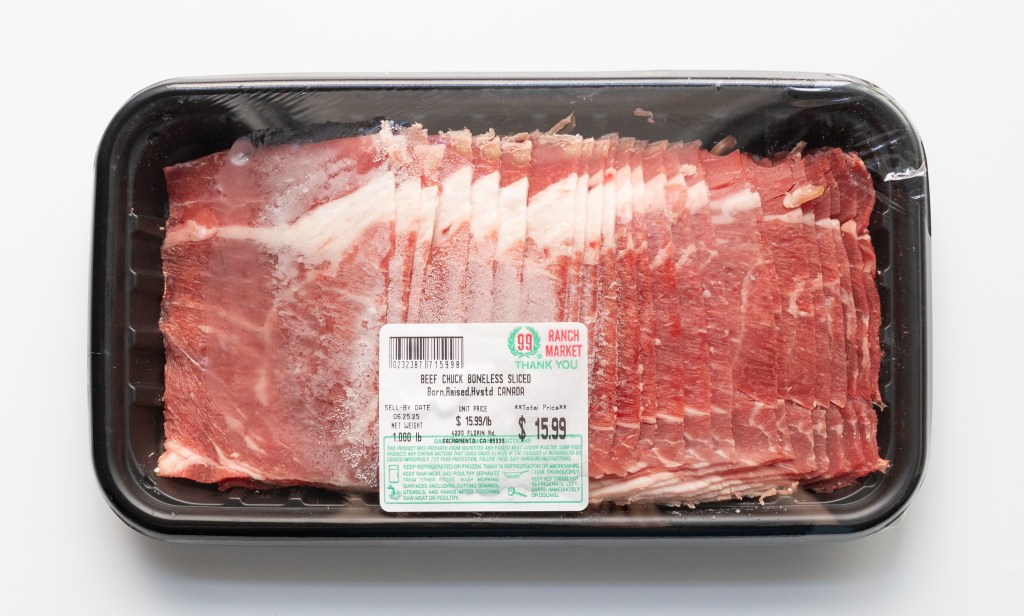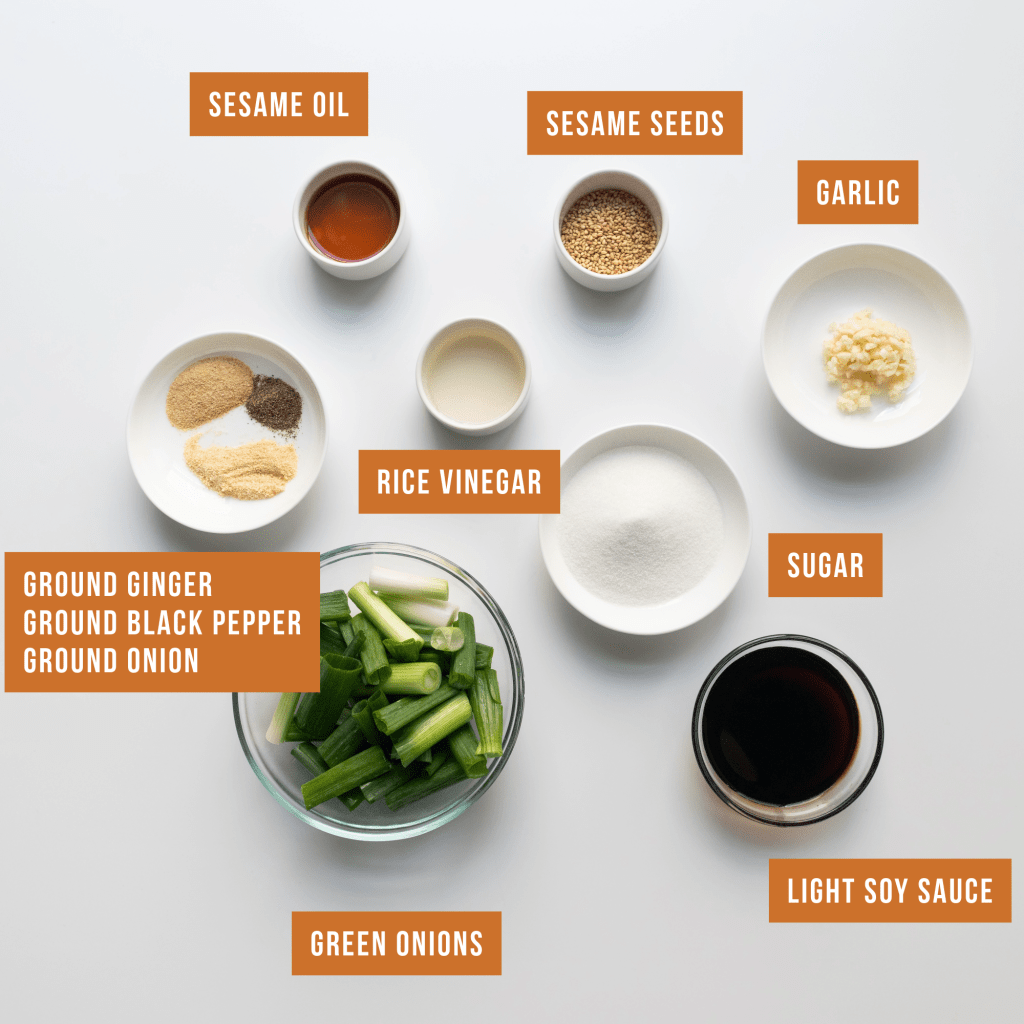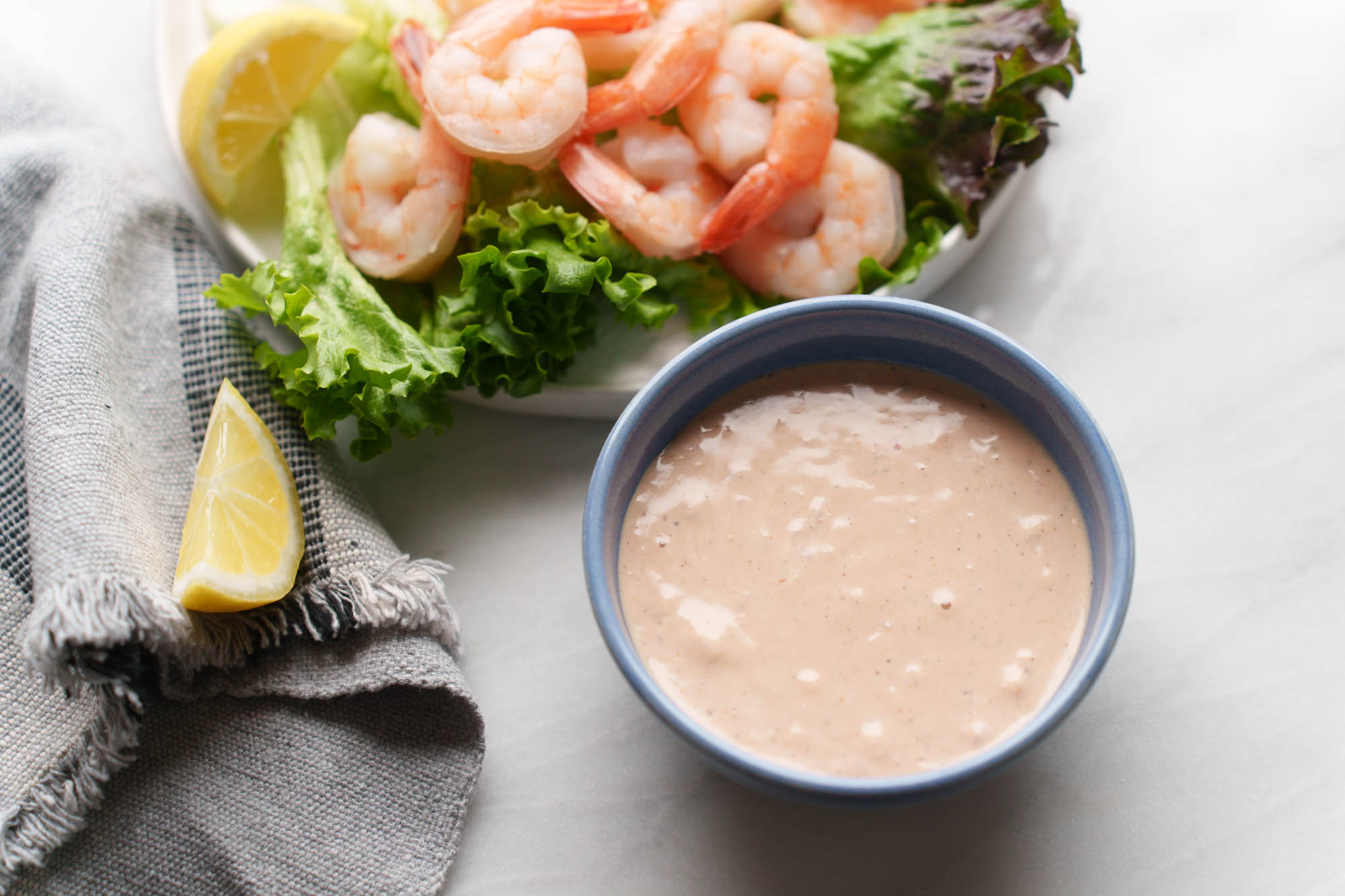If you’ve ever watched a K-drama and found yourself drooling over those sizzling meat scenes, chances are it was bulgogi.

What is Bulgogi?
Bulgogi is a beloved Korean BBQ dish featuring thinly sliced meat, typically beef. The term bulgogi translates to “fire meat,” and it stands as one of the most cherished dishes in Korean cuisine.
The beef is marinated and then cooked quickly over high heat. In traditional Korean BBQ, the meat is grilled on a small tabletop grill or hot plate, allowing for a cook-as-you-eat experience. For a more convenient approach, you can stir-fry it in a pan and serve it over rice for a simpler meal.
While beef is the classic choice (beef bulgogi), you can also prepare it with thinly sliced pork (pork bulgogi), chicken (chicken bulgogi), or even cubes of tofu for a vegan or vegetarian alternative.
The marinade is typically a sweet soy sauce-based mixture, but you can spice it up by incorporating gochujang (Korean red chili paste) or gochugaru (Korean chili flakes).
Why You Will Love This Recipe
Traditional recipes often call for Asian pear to tenderize the meat and add sweetness. However, Asian pears can be quite expensive, and I prefer to enjoy them fresh rather than fussing with food processors and nut milk bags for their juice.
So, for this recipe? No pear, no problem. We’re keeping it simple yet delicious.
How to Serve Bulgogi
To serve bulgogi, wrap the thinly sliced cooked meat in lettuce along with kimchi and other banchan (side dishes). I enjoy loading up a wrap and taking a big bite, just like in the K-dramas, while hoping not to choke.
This dish is flavorful and saucy, so no dipping sauce is necessary. However, if you prefer, you can add ssamjang (a Korean BBQ dipping sauce).
For a more straightforward version, as mentioned earlier, serve it over steamed rice for a quick and easy meal, perfect for busy weeknights.
What You Will Need for Bulgogi
To create this bulgogi recipe from scratch, gather the following ingredients:
Beef (or Other Protein)
Opt for tender cuts like ribeye, sirloin, tenderloin, or strip steak for the best flavor, though these can be pricey. Since the meat is sliced thinly, tougher and more affordable cuts like beef chuck, skirt, brisket, or flank can also work well.
Bone-in options like thinly sliced beef short ribs are also suitable.
For this recipe, I’m using thinly sliced beef chuck.

If you prefer not to use beef, thinly sliced pork shoulder (also known as pork butt), pork belly, boneless skinless chicken thighs, or even tofu are excellent substitutes.
For a quicker option, consider using ground beef, ground pork, ground chicken, or crumbled tofu, which require less marinating time and cook faster.

Marinade Ingredients
- Light Soy Sauce – The base of the marinade, rich in umami flavor.
- Sugar – Brown sugar is preferred for its color and rich sweetness, but white sugar works as well.
- Rice Vinegar – Adds a tangy note that balances the flavors.
- Garlic – Because garlic enhances everything.
- Ground Ginger, Ground Onion, and Ground Black Pepper – Additional aromatics to boost flavor.
- Sesame Oil and Toasted White Sesame Seeds – Contribute a nutty aroma and texture.
- Chili Peppers (Optional) – For a spicy kick, add gochujang (Korean red pepper paste) or gochugaru (Korean chili flakes). If you can’t find these, use your favorite chili sauce or fresh chilies.
- Green Onions – I like to mix in large pieces of green onions directly into the marinade.
Other Ingredients
- Yellow Onions – Cut into wedges and caramelized before cooking the beef.
- Neutral Oil – I use vegetable oil, but any neutral oil will suffice for sautéing the onions.
How to Make Bulgogi
Step 1: Prepare the Meat
Slice the meat thinly, about ⅛ inch thick, if it hasn’t already been prepared for bulgogi.
Step 2: Marinate
In a bowl, mix the marinade ingredients and add optional gochujang or gochugaru for an extra spicy kick. Stir well until fully combined. Coat the meat evenly with the marinade and let it sit for at least 30 minutes, or overnight in the fridge, covered, for enhanced flavor.

Step 3: Cook
Heat a large skillet over medium-high heat to stir-fry the meat in batches, or grill it on a hot plate. Add a bit of oil and the sliced onions to the pan. Sauté the onions until they’re lightly charred around the edges. Then, add the marinated meat in a single layer and sear for 1–2 minutes per side, or until it is nicely caramelized and slightly charred.
Step 4: Serve and Enjoy
Serve with steamed rice or in a lettuce wrap with ssamjang (a Korean BBQ dipping sauce) for a complete meal.
Storage & Reheating
Leftovers can be stored in an airtight container in the fridge for 2-3 days. Reheat in a skillet over medium heat, stirring frequently, until heated through. Alternatively, you can heat it in the microwave.
Meal Prep Pro Tip
I like to prepare a large batch of marinated meat ahead of time for those busy or tiring days. Freeze it in resealable freezer bags, where it can last up to three months. When you’re ready to eat, simply thaw the marinated meat and cook as usual. Your future self will thank you!
Related Recipe
If you’re looking for a simpler option, try my super easy bulgogi recipe using my favorite store-bought marinade. Just add two extra items (or not), and you’re done!





